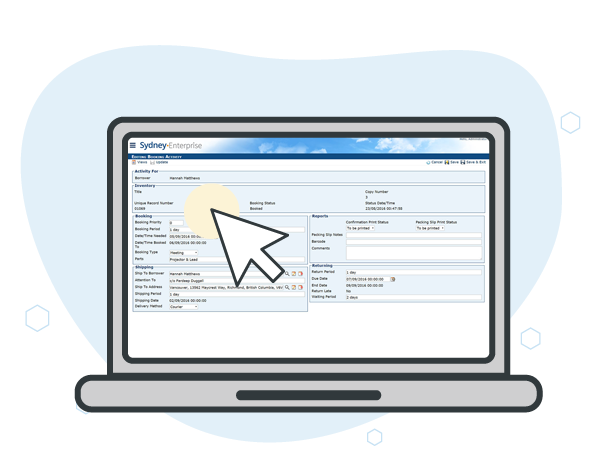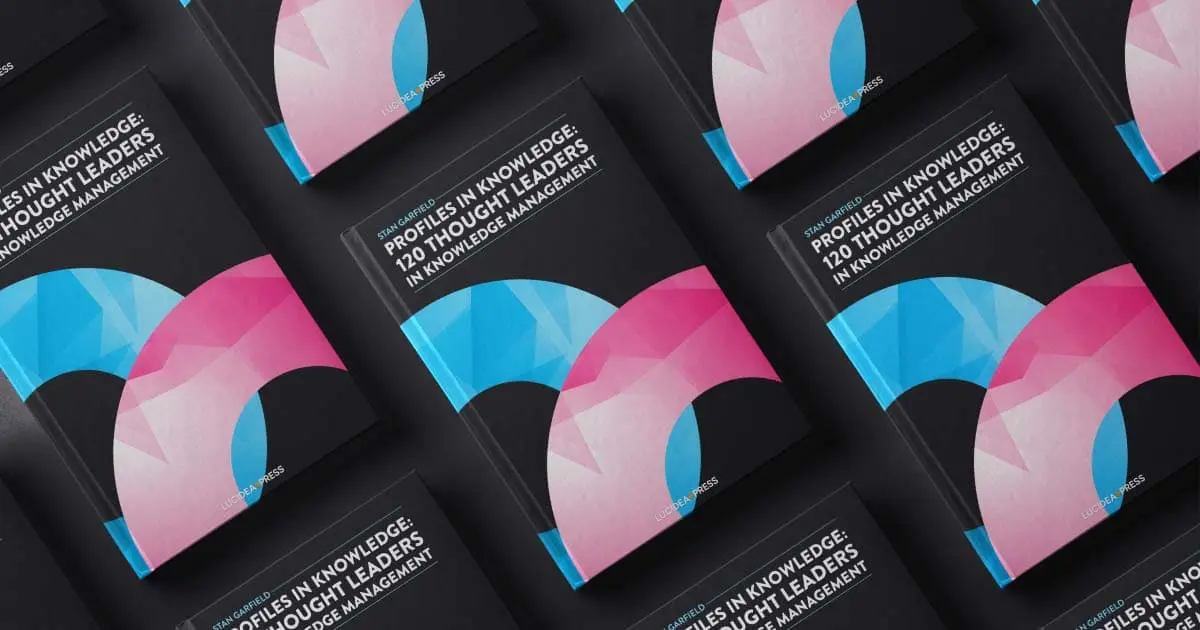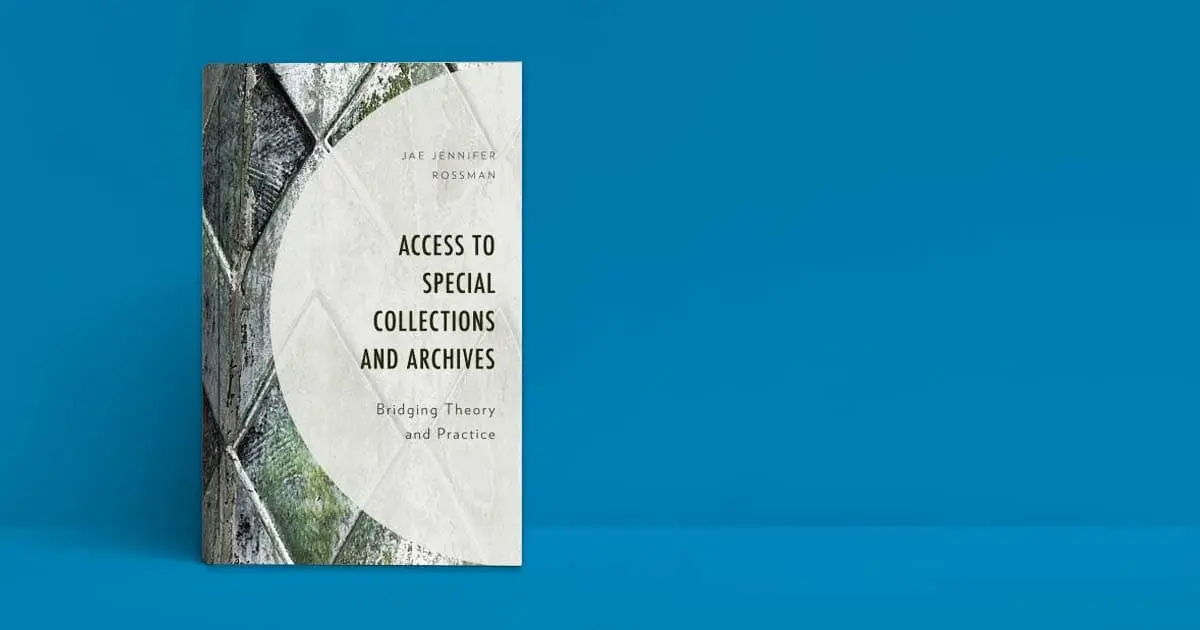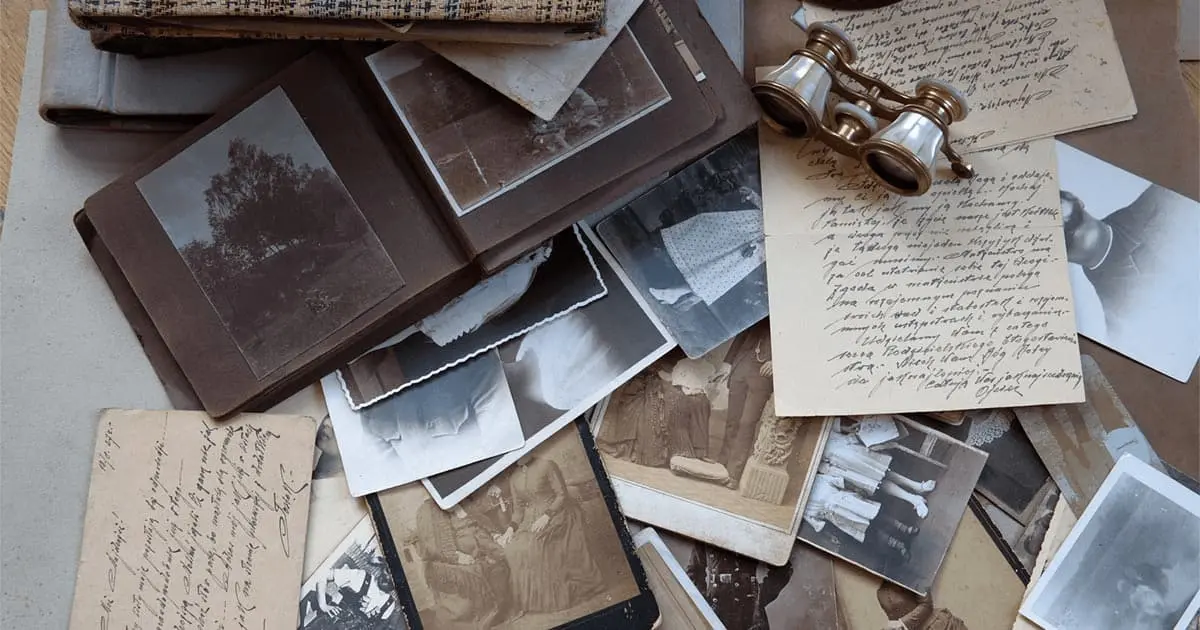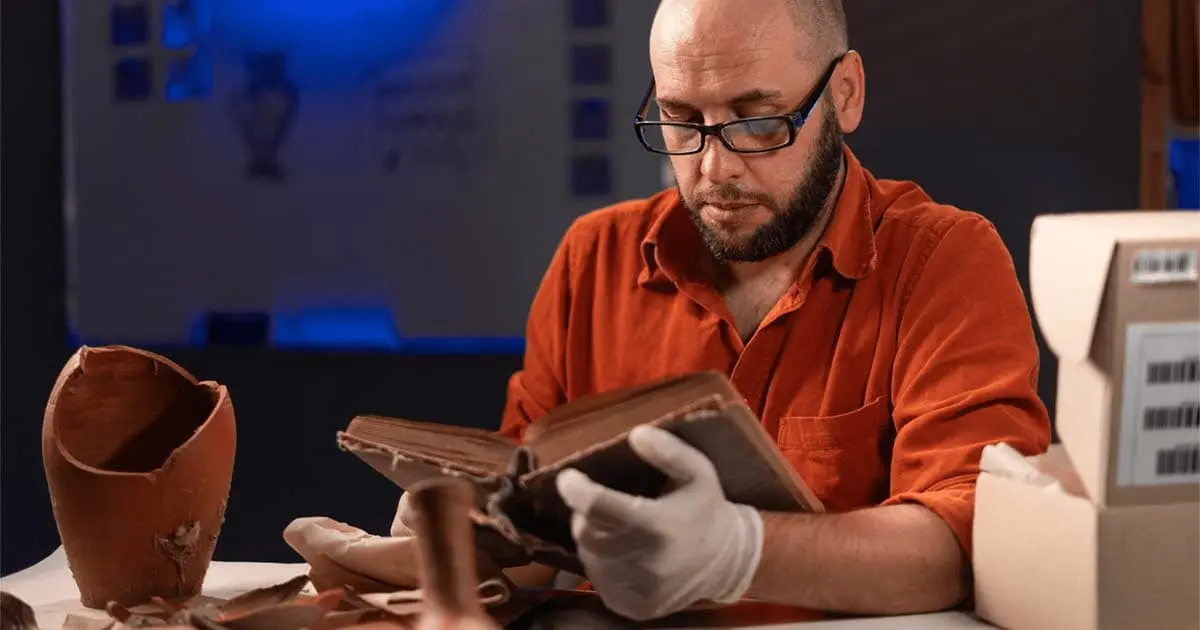CuadraSTAR SKCA Success Story
Arizona State Library, Archives & Public Records and CuadraSTAR SKCA
 The Arizona State Archives collects, preserves and makes available to the public and all branches of government, permanent public records, historical manuscripts, photographs and other materials that contribute to the understanding of Arizona history.
The Arizona State Archives collects, preserves and makes available to the public and all branches of government, permanent public records, historical manuscripts, photographs and other materials that contribute to the understanding of Arizona history.“We can present researchers with real time results of what is in our collections, because with SKCA we have made huge progress toward eliminating our backlog. In fact, Archives staff are now able to look at collections we never had time to focus on; I call this ‘the rediscovery process,’ where we find out long forgotten things about our own materials. With public access enabled by SKCA, our collections are much more visible—they are no longer hidden behind a curtain.”
LAURA PALMA-BLANDFORD
Archivist, Archives and Records Management Branch
Arizona State Library, Archives and Public Records
Arizona State Archives Challenges, CuadraSTAR SKCA Solutions

Eliminate cataloging backlog; improve efficiency and accuracy

Deliver centralized public access to all Arizona State Archives and Records

Bring collections up to current archival standards
A new standard
With SKCA, the data entry workflow is streamlined and access to records is much improved. Archives staff no longer reproduce the data in three different repositories, and users can search in one place. Staff no longer need institutional knowledge of where data is and why; in fact, they are now able to look at collections they never had time to focus on. Ms. Palma-Blandford calls this “the rediscovery process,” where they find out long forgotten things about their own collections. And SKCA allows them to bring their collections up to current archival standards, including administrative histories.
Varied collections
Their oral history collections are of particular interest; they include legislative oral histories documenting the work of legislators based on interviews conducted after they leave office, the recollections of people in Sun City, which was one of the first master-planned retirement communities, and a general collection that captures Arizona stories. There is an ongoing project to encourage local libraries to get involved in collecting community stories. The State Archives provides resources and training in how to conduct and produce oral histories, and is the official repository. The vast majority of their collections focus on government records and are dominated by large agency records such as the Governor’s office, the Secretary of State (and predecessor Secretary of the Territory), Court and County records, property deeds, tax assessments and so forth. These are complemented by their manuscript collections, which include politician records such as the Governor Evan Mecham recall effort, documents from women’s groups like the Arizona Federation of Business and Professional Women, and various Arizona church records.
Fulfilling the mission to increase public access
The Arizona State Archives and Records is a department of the State Library. Increased public access to state materials is the general goal of the overall agency. Ms. Palma-Blandford, Dr. Dennis Preisler (Deputy State Director of Archives) and the State Archives team have increased the department’s visibility within the agency: per Ms. Blandford, people think of archives as a “dark attic,” so SKCA provides a portal for agency staff and leaders as well as the public to understand what is available and how collections are arranged …and this increases usage of the materials. In addition to agency staff, there are three types of researchers who leverage the collections: other state government employees who need records for official state business; general academics who research policies or event/issue history and come from all over the world, and genealogists who are the primary users of county records—when putting together family histories, for example.
Just ASK
The online catalog of resources available in the Archival collections is called “ASK,” standing for “Arizona State Knowledge.” Access to archival materials has expanded significantly; with Arizona State Archives’ Web presence, patrons are now able to conduct searches from their homes—and SKCA functionality enables them to search across collections rather than go through each individual one. Per Ms. Palma-Blandford, finding aids from all of the state universities and smaller historical societies make up a “one-stop archival shop,” meaning that researchers don’t have to go through all the individual organizations. Using the EAD export function in SKCA, the State Archives can generate initial files and batch upload them to Arizona Archives Online, further pulling back the curtain and continuing to fulfill the mission of public access to their invaluable materials.
More CuadraSTAR SKCA Success Stories
CuadraSTAR SKCA Success Stories
Request a CuadraSTAR SKCA Demo
